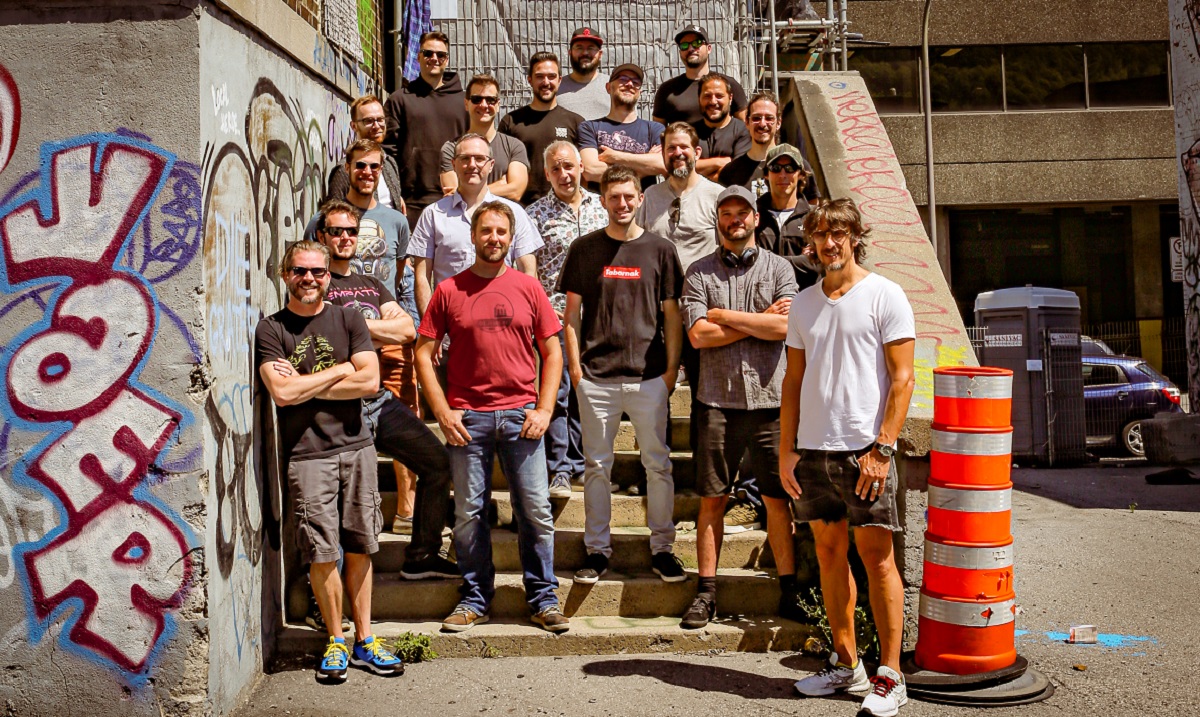The makers of Journey to the Savage Planet have gotten back together in a new studio called Raccoon Logic.
This Montreal team was part of Typhoon Studios, which Google had acquired. But when Google gave up building first-party games for its Stadia cloud gaming service in February, it shut down Typhoon.

Unlock premium content and VIP community perks with GB M A X!
Join now to enjoy our free and premium membership perks.
![]()

![]()